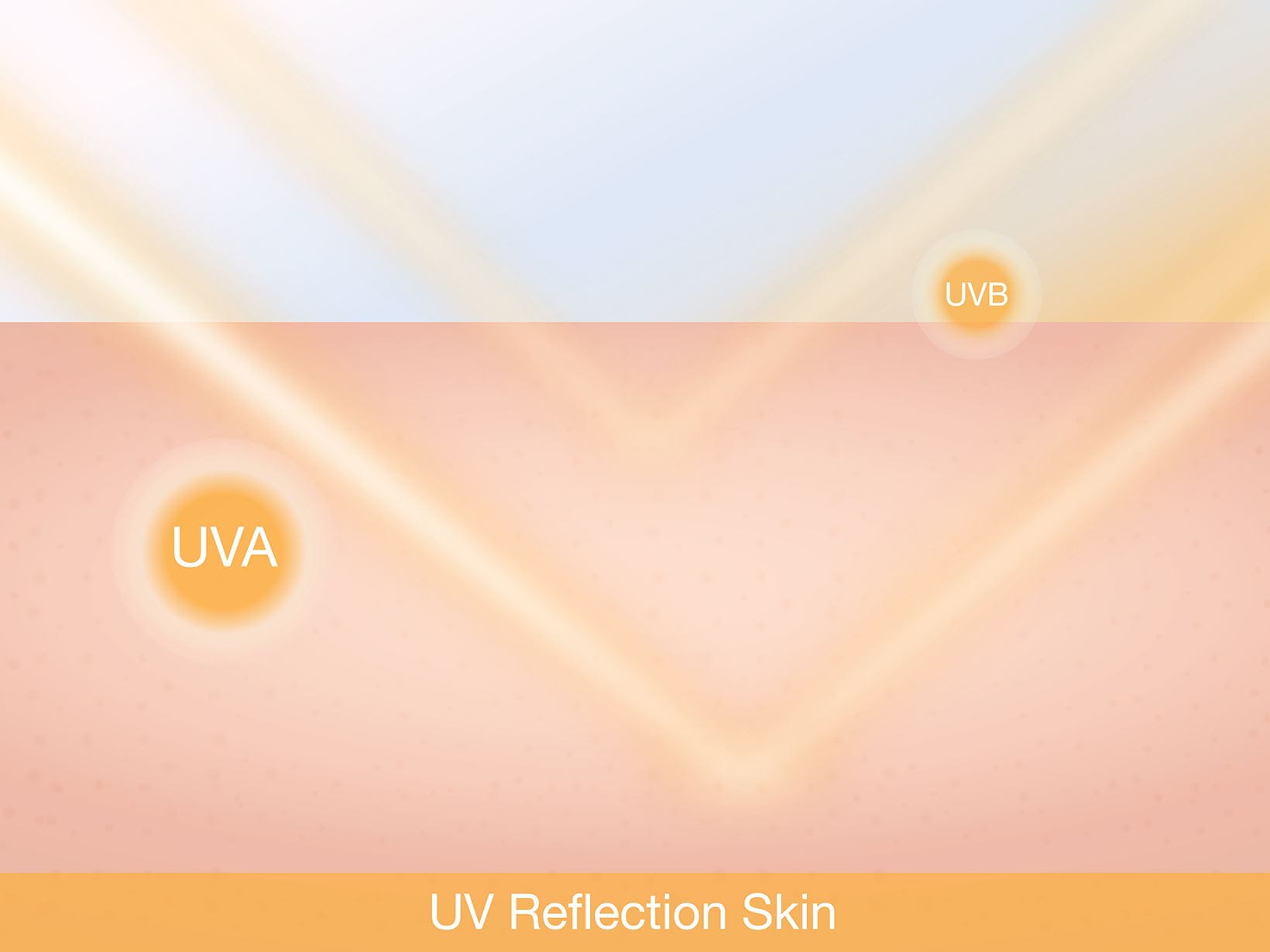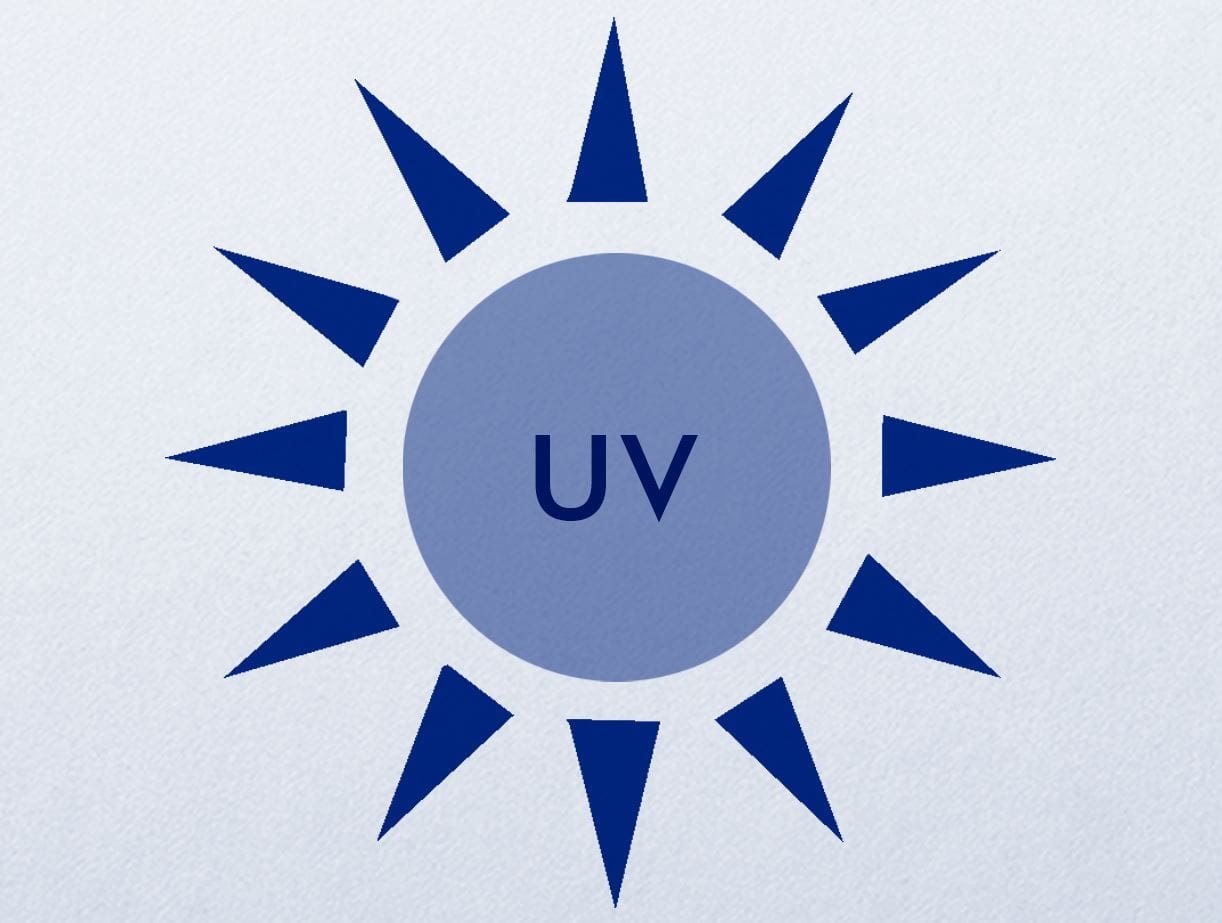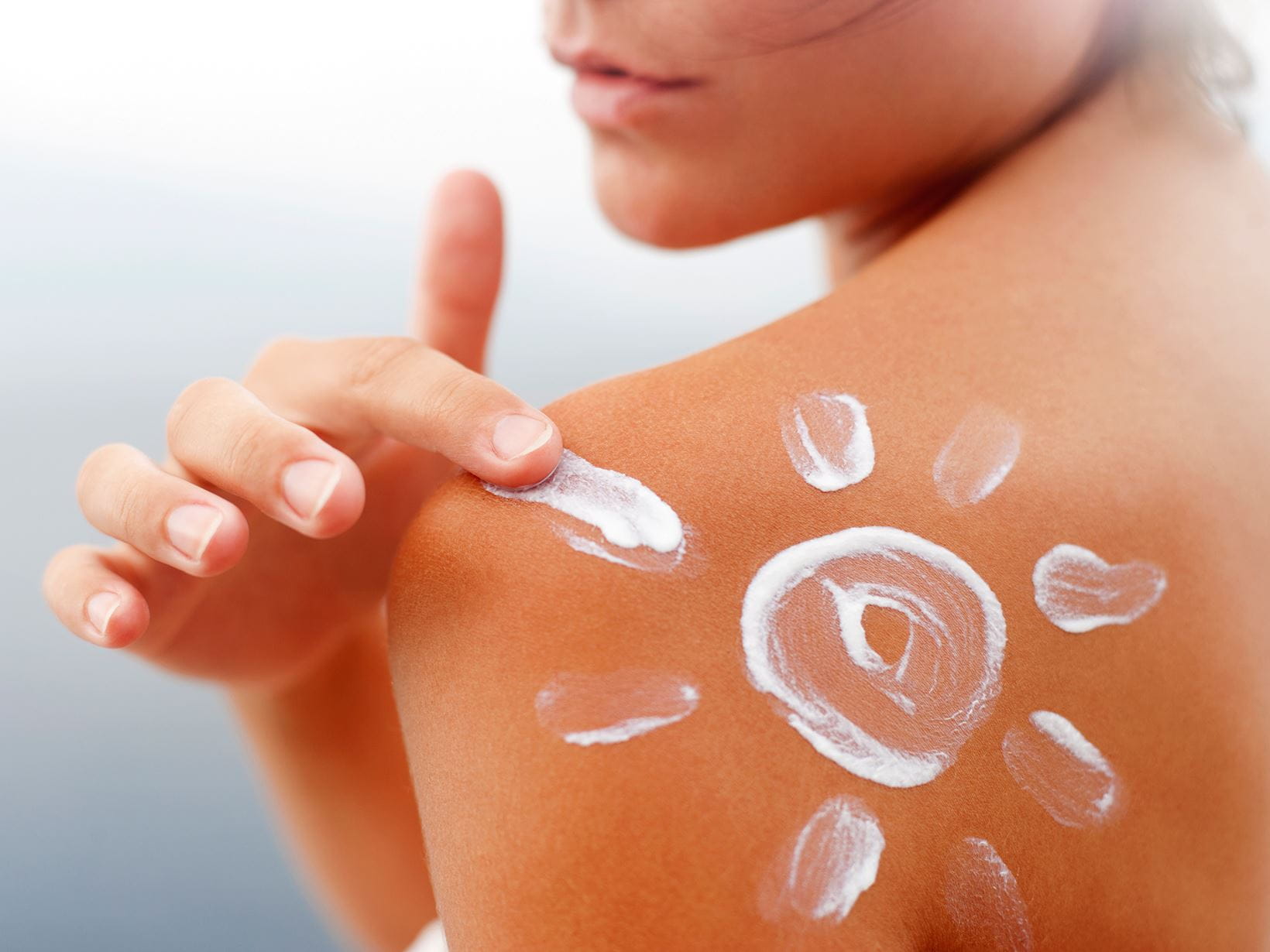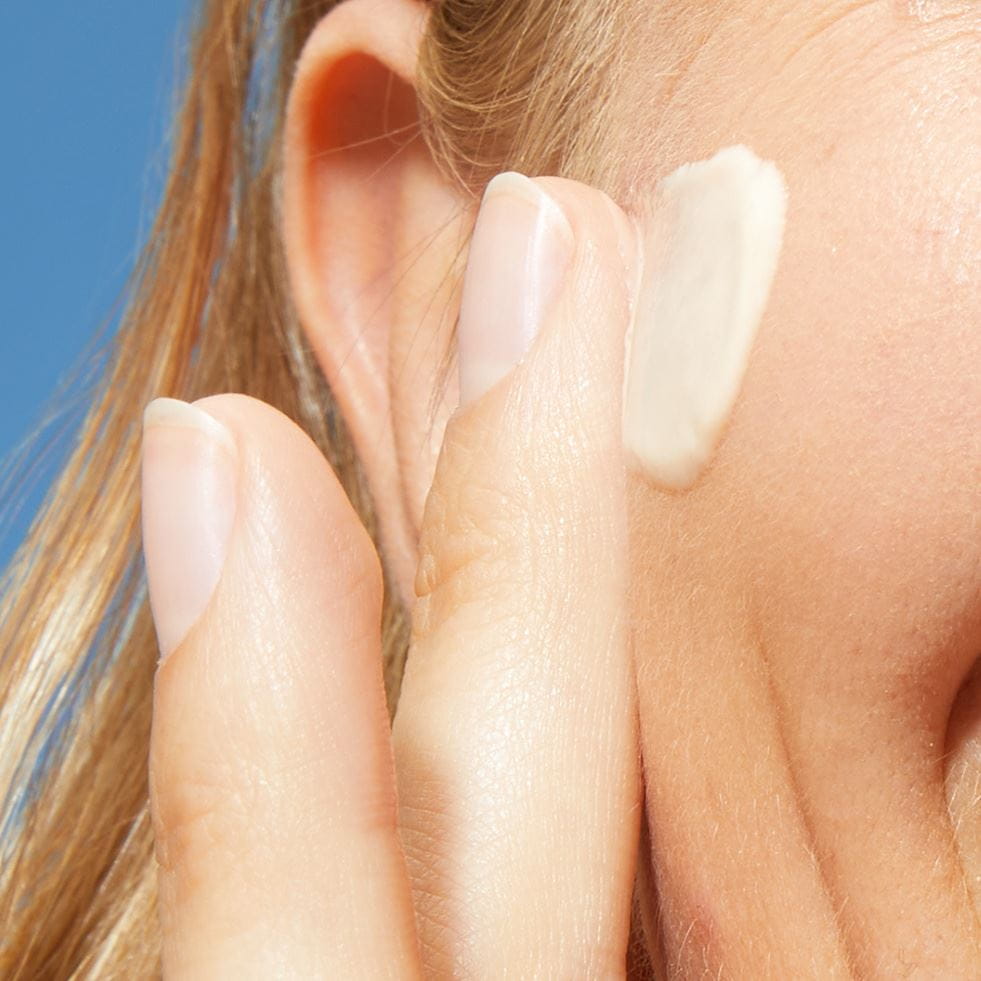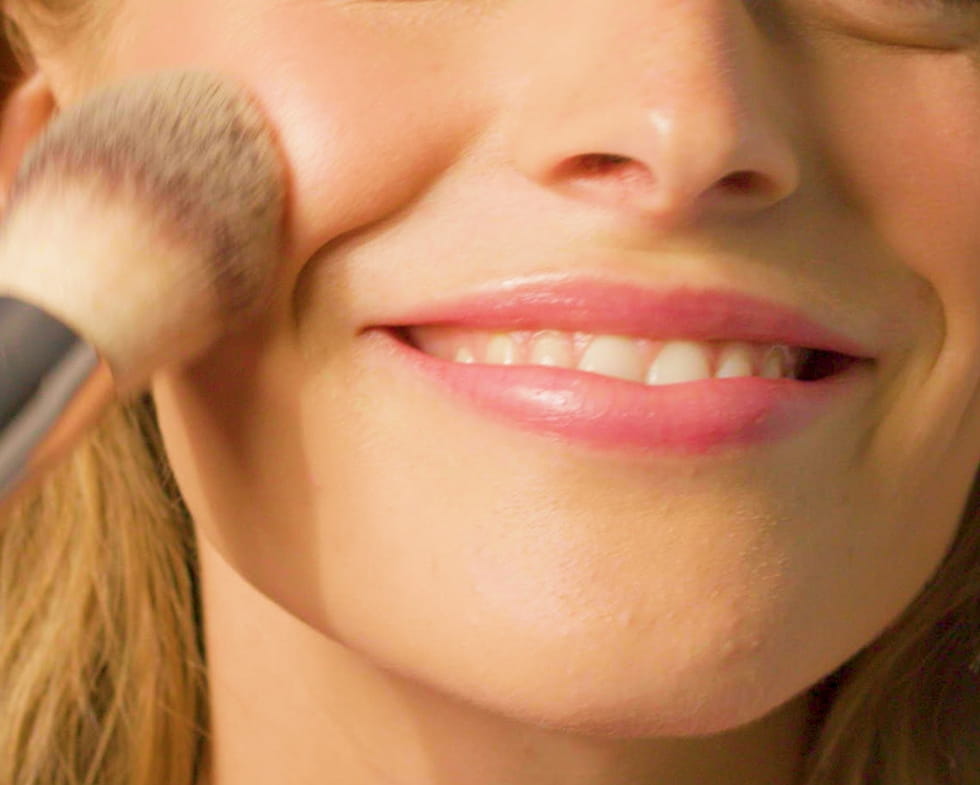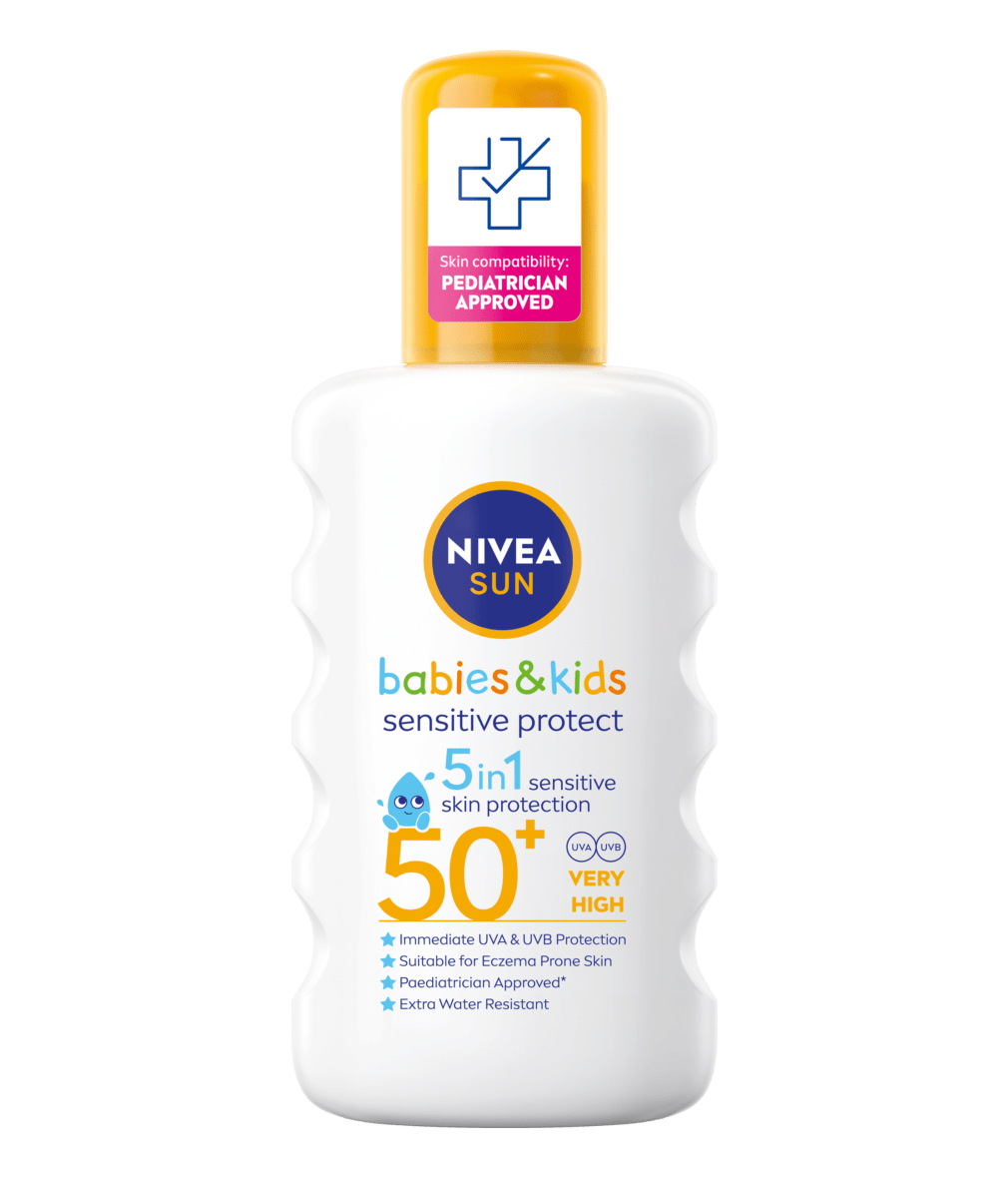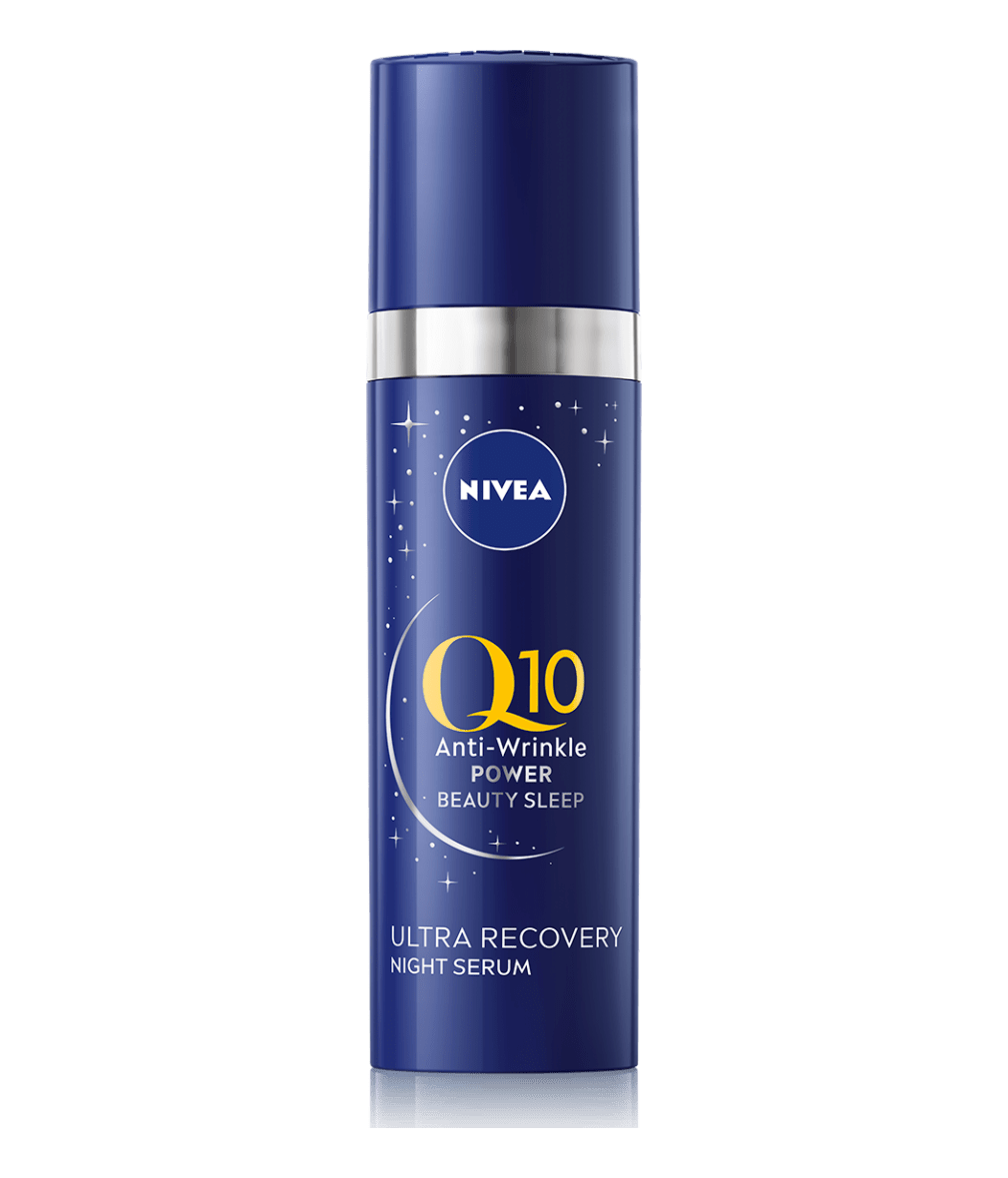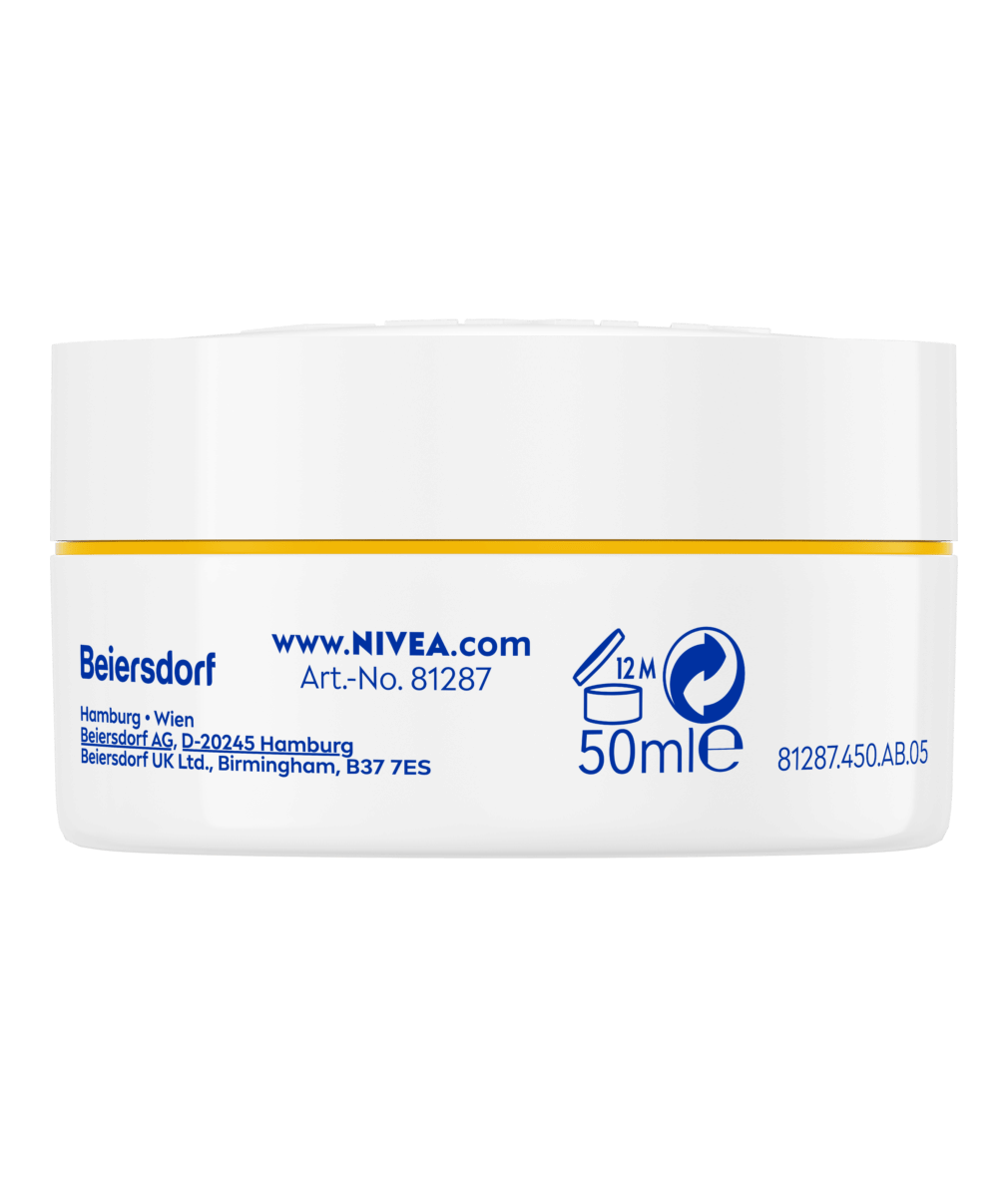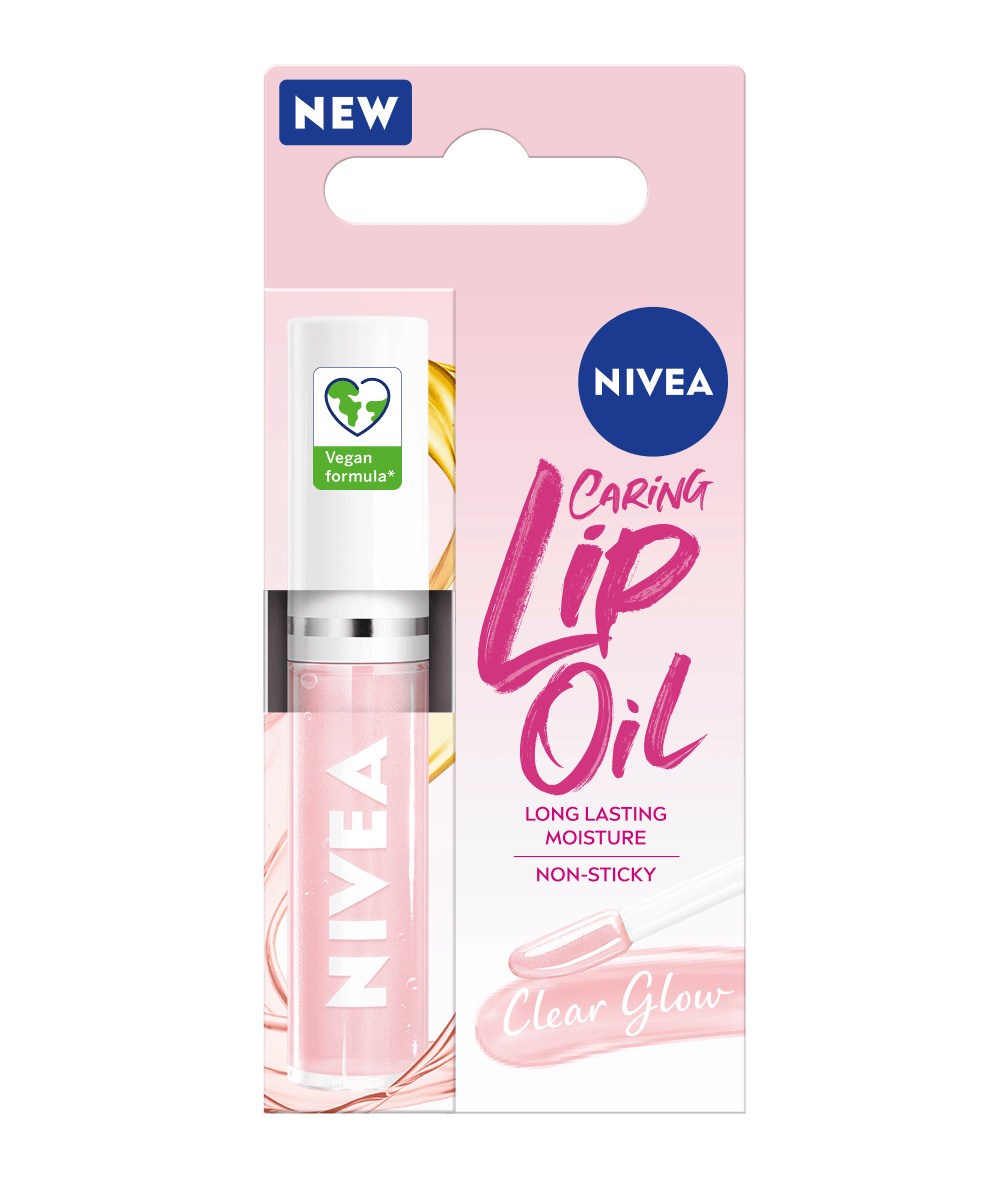
How does sunscreen work?
We know we should wear sunscreen to go out in the sun, but how does it protect us from the sun's powerful UV light? We're here to answer all your sunscreen related questions.
What does sunscreen do?
What makes wearing sunscreen so important to our skin health and what does sunscreen do to actually protect us from UV light?
All sunscreen contains active ingredients that work together to protect your skin from the different types of rays produced by the sun. Over the years NIVEA scientists have worked hard to move past the white sunscreen that sits on top of the skin and have created lotions that are invisible to the naked eye while providing a strong barrier for the skin. These sunscreens contain different types of UV filters that work together to make sure the sun's UV light doesn't harm your skin.
The A - Z of sunscreen
What is SPF?
The level of SPF you need also depends on the time of day as the sun is strongest in the middle of the day (between 11am & 3pm in the UK), so keep this in mind when choosing your sunscreen, and think about purchasing either a high factor you can use for the whole day or a range of factors that you can switch between.
WHAT'S THE UV INDEX IN:
With the city name we are able to locate your area and to determine the right uv index.
